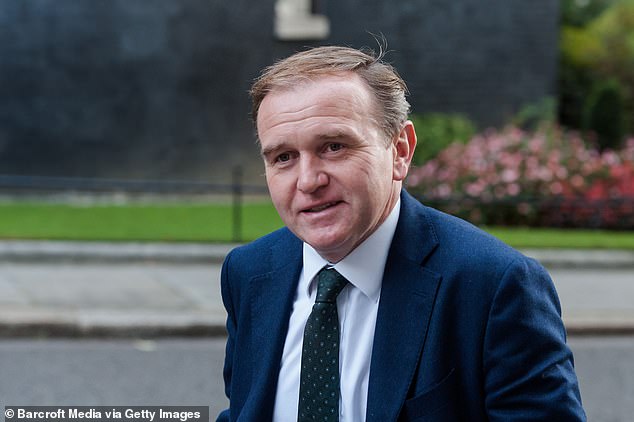Projects to tackle climate change and protect the world’s oceans have been given a major boost with the first £16.2 million of funding from the UK’s £500 million Blue Planet Fund announced today.

The programmes, financed from the UK’s overseas aid budget, will increase marine protection, tackle plastic pollution in Nigeria, Ghana, Indonesia and Vietnam and the decline of global coral reefs, as well as using the UK’s world-leading expertise to help respond to marine pollution disasters such as the Xpress Pearl in Sri Lanka.
The ocean is a critical carbon sink which every year absorbs almost a third of global CO2 emissions. Around the globe, the ocean supports the livelihoods of one in every ten people, including some of the poorest and most vulnerable.
In the run up to the UK hosting the COP26 climate talks in November, the government is working with developing countries to take action to protect and restore our oceans.
The projects receiving funding include the launch of a new UK-led programme which will help developing countries partner with the UK’s world-leading scientists to better manage marine protected areas and improve our understanding of the impacts of climate change and contaminants in the ocean.
Environment Secretary, George Eustice, said: “The UK is a global leader in marine protection and will continue to advocate for ambitious climate and ocean action at COP26 this year. Our shared ocean is a vital resource and provides habitat to precious marine life, as well as supporting the livelihoods of one in every ten people worldwide.
“The Blue Planet Fund will support many developing countries on the front line of climate change to reduce poverty and improve the health of their seas.”
Marine pollution, including plastic pollution, is a significant pressure on the marine environment – not only does it threaten key species and ecosystems in the world’s ocean, it also affects the health and livelihoods of those living in coastal regions. A share of the £16.2m will also go towards the expansion of the Global Plastic Action Partnership (GPAP)’s pioneering work in Nigeria, Ghana and other developing countries and facilitate a united effort against plastic waste globally. Since its launch in 2018, GPAP secured a commitment by Indonesia to reduce 70% of mismanaged waste by 2025 and a commitment by Viet Nam to reduce marine plastic waste by 75% by 2030, among others.
Head of Climate Change and Energy, West Africa, Sean Melbourne, said: “The Global Plastic Action Partnership (GPAP) is a multi-stakeholder platform that aims to shape a more sustainable and inclusive world through the eradication of plastic pollution.
“Through its impartial global and national platforms, it is uniquely equipped to bring together public, private and civil society leaders to develop joint solutions to the plastic pollution crisis that are both pragmatic and ambitious. I’m delighted that Nigeria has recently joined Ghana to begin pioneering this vital work in West Africa.”
The UK is also leading calls for a new global “30by30” target to protect at least 30% of the land and at least 30% of the ocean by 2030. Over 80 countries, including Nigeria and several other West African states, now support the marine protection target, and the Blue Planet Fund will help make sure that 30by30 becomes a reality.
